Journal of Indo-Pacific Affairs (JIPA) Introducing "Indo-Pacific Perspectives"
United States Air Force sent this bulletin at 12/07/2020 01:01 PM CST
December 2020
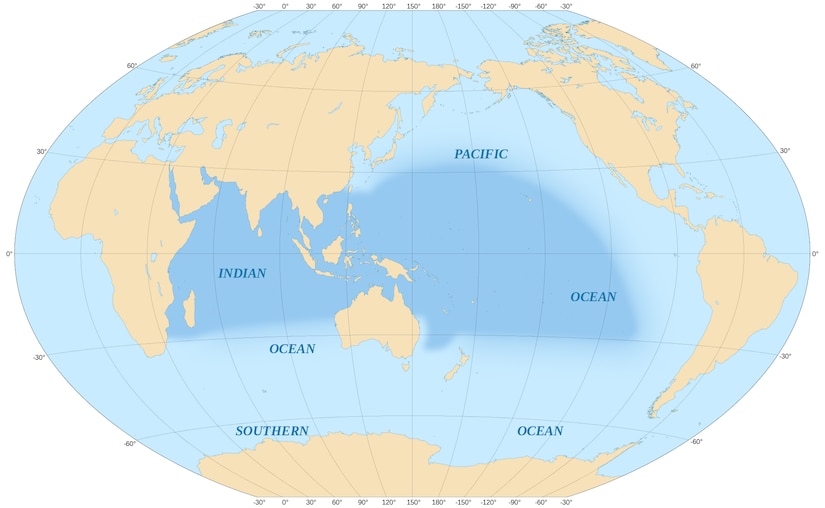 |
Introduction: A Rules-Based Order for the Indo-Pacific? Dr. Peter Harris, editor This, the first “Indo-Pacific Perspectives” roundtable from the Journal of Indo-Pacific Affairs, will offer some answers to the complex geopolitical (and “geolegal”) questions facing the region. As the name suggests, this new series of roundtables will showcase viewpoints from across the Indo-Pacific megaregion (and sometimes beyond). The goal is to facilitate a dialogue between academics and policy practitioners that will be of great interest—and, we hope, considerable use—to an international cast of scholars and decision makers whose work focuses on the Indo-Pacific. |
|
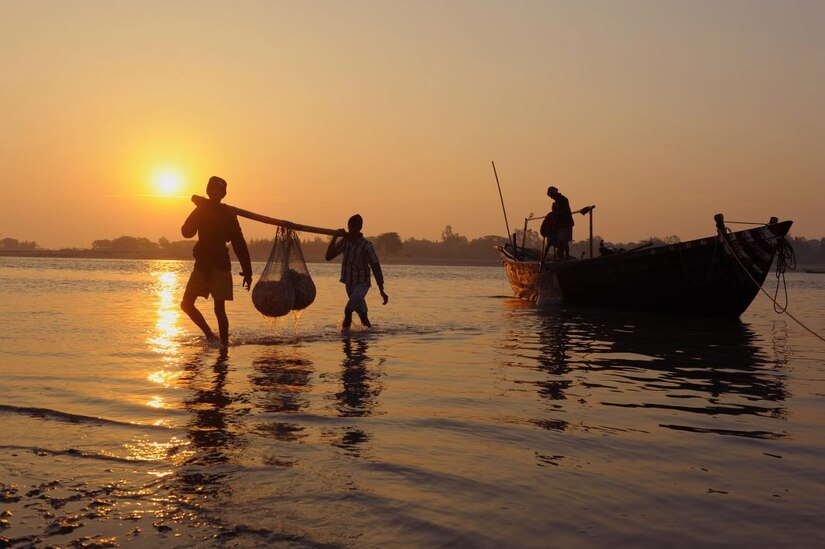 |
The Indian Ocean’s Key Role in the Indo-Pacific Rules-based International Order Nilanthi Samaranayake The Indian Ocean is not characterized by rampant territorial disputes and Chinese assertiveness, as the Pacific is. From such characterizations, it seems clear that US strategy is still focused on the Pacific segment of the Indo-Pacific and less so the Indian Ocean, which remains a secondary theater for US defense planners. |
|
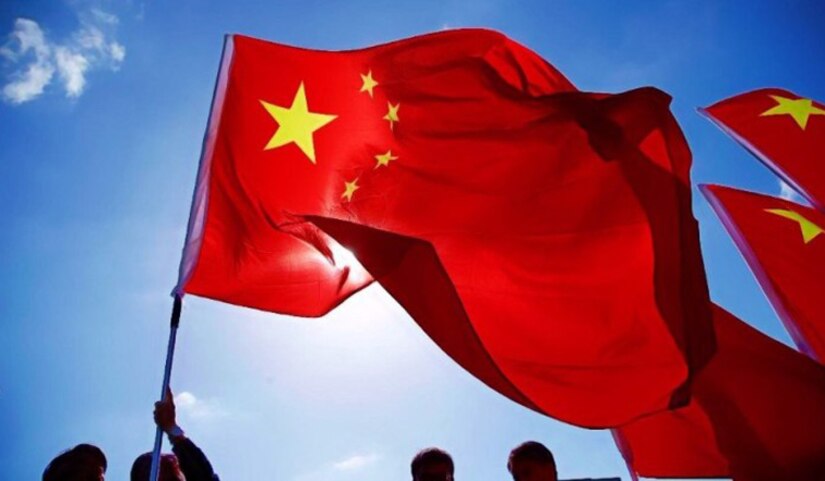 |
Chinese Vision of a Rules-based Order: International Order with Chinese Characteristics Dr. Benjamin Tze Ern Ho Beijing’s realpolitik vision of international politics leads it to conclude that most countries who aligned with the United States in the past did so not because of some higher ideational motivation (for instance, to preserve individual human rights, or believing that democracy was the best form of governance) but because their own national interests—often materially defined—were best served subscribing to the American-led international order. A Chinese-led order could therefore expect to command similar levels of support. |
|
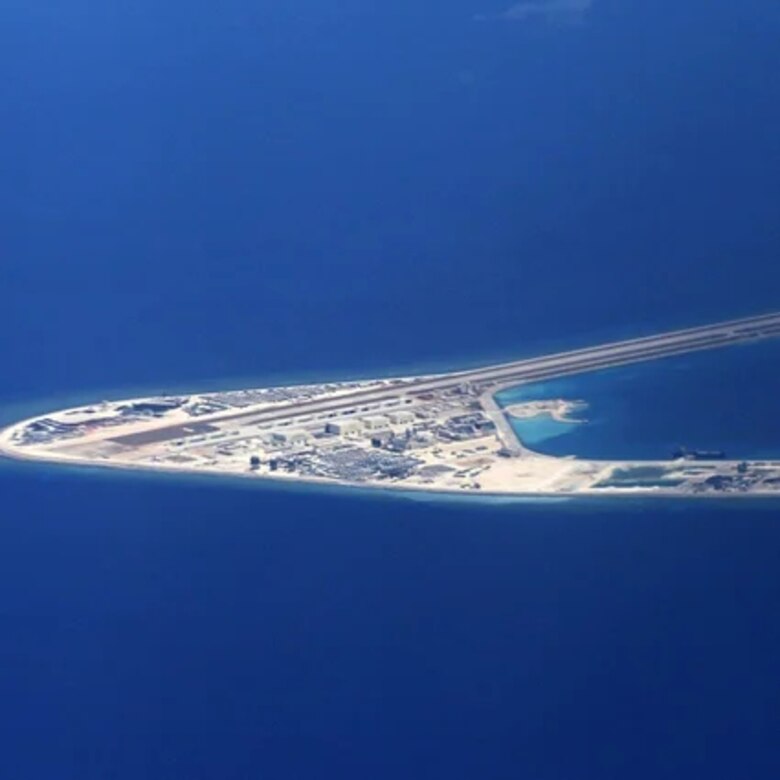 |
Do Regimes Matter?: Implications of the 2016 UNCLOS South China Sea Ruling for a Rules-based order in the Indo-Pacific Dr. Laura Southgate China’s response to the Permanent Court of Arbitration ruling provides a window through which to examine both the existence of a rules-based order in the Indo-Pacific and its future prospects as China increasingly seeks to exert its influence in the international system. |
|
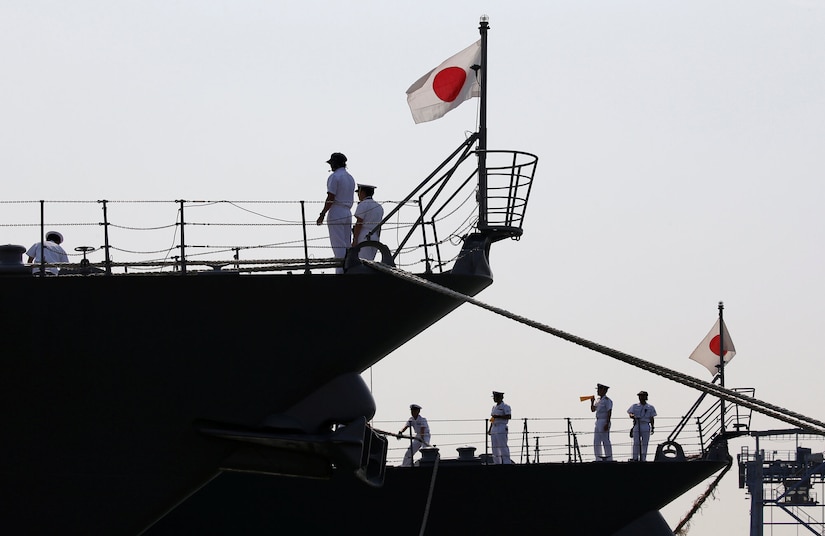 |
Next Priorities for Japan’s FOIP Vision: The Quad, ASEAN, and Institutional Linkages in the Indo-Pacific Dr. Kei Koga Japan needs to provide a clear strategy to realize the Free and Open Indo-Pacific strategy in the context of the rapidly evolving US-China great-power rivalry. |
|
 |
India’s Indo-Pacific Reckoning Dr. Titli Basu Beijing’s ascent in the international order and the ensuing disequilibrium in the balance of power between the United States and China at the global level, and China and India at the regional level, are making policy elites in New Delhi fiercely debate key strategic choices in pursuit of the national interest. Stakes are high with trade, technology, the fourth industrial revolution, and infrastructure all defining great-power contestation in the strategic theater of the Indo-Pacific. |
|
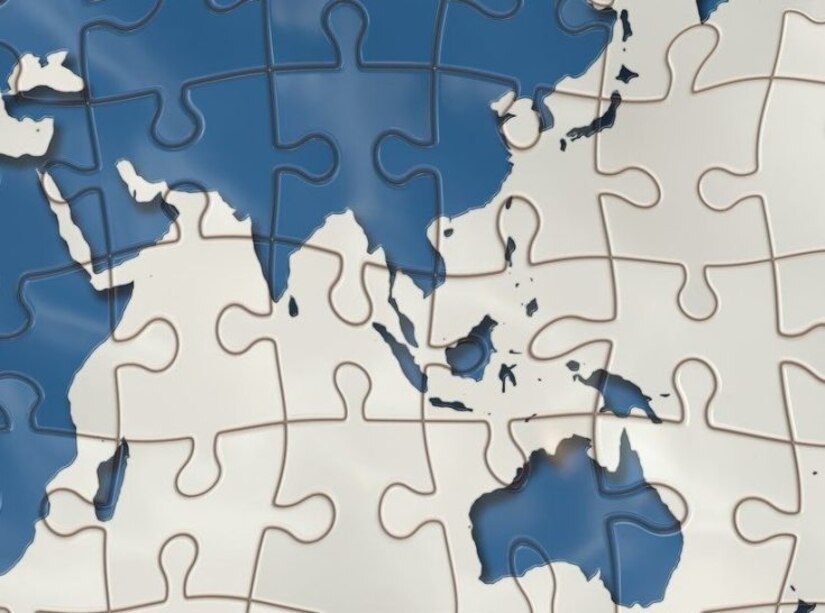 |
Challenges in Institutionalizing Rules-based Order in the Indo-Pacific: Defending or Reordering the Status Quo Dr. Ngaibiakching The rules-based international order led by the West is undergoing a crisis, with post-World War II (“liberal international”) institutions seeming particularly vulnerable to the relative decline of the United States. Meanwhile, the tectonic shift of power from the West to Asia has intensified the geopolitical and strategic relevance of the Indo-Pacific, with China’s challenge to US leadership (alongside the rise of regional middle powers) amplifying existing criticisms of the international rules-based order as inadequate or biased. |
|
 |
A Rules-based Order in the Indo-Pacific: A View from Jakarta Dr. Dewi Fortuna Anwar Faced with increasing great-power competition, ASEAN has billed itself as a bridge to promote dialogues and cooperation within an inclusive regional architecture to build trust, foster preventive diplomacy, and resolve conflicts through peaceful means, that in turn may contribute to a more inclusive rules-based order in the Indo-Pacific region. |
| Coming later this month, "Quad Plus: Form versus Substance," a special issue of JIPA, with guest editor Dr. Jagannath Panda. |  |


